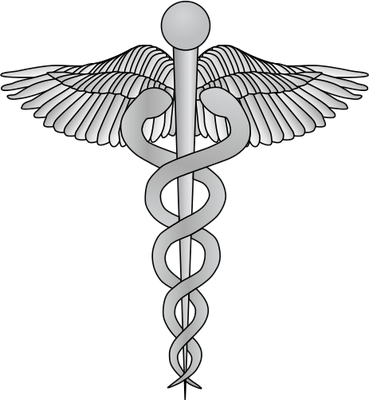
ACIM: Integrative Medicine Offers Online Training
Have you ever wondered where a doctor, or even you, can go to get some of the finest training in the world in integrative medicine?
Dr. Lee Cowden is a long-time friend and served as one of my initial natural medicine mentors. He is a former interventional cardiologist who became disenchanted with conventional approaches and used his brilliant intellect to explore natural alternatives.
He's been working with the Academy of Comprehensive Integrative Medicine (ACIM) to develop the finest, most comprehensive, and cost-effective natural training program currently available.w
September 13, 2015 | Source: Mercola | by Dr. Mercola
Have you ever wondered where a doctor, or even you, can go to get some of the finest training in the world in integrative medicine?
Dr. Lee Cowden is a long-time friend and served as one of my initial natural medicine mentors. He is a former interventional cardiologist who became disenchanted with conventional approaches and used his brilliant intellect to explore natural alternatives.
He’s been working with the Academy of Comprehensive Integrative Medicine (ACIM) to develop the finest, most comprehensive, and cost-effective natural training program currently available.
Dr. Cowden’s interest in integrative medicine goes back to his days in medical school, when he developed an allergy that got progressively worse despite following the conventional treatment protocols.
“Thank goodness, my wife’s grandmother came to visit us,” he says. “She was a school teacher and a self-taught nutritionist. She took me to the health food store and got me some vitamins, minerals, and herbs, and I got well.
I thought, “I need to learn what this woman knows and I need to take with a grain of salt everything I learn in medical training after this.'”
He did complete his medical training and became board certified in cardiology. After finishing up his education, he spent a year doing invasive cardiology and critical care medicine rotations at seven different hospitals. At the end of that first year, he realized two things:
“If I continued that pace of lifestyle, I wouldn’t make it to my 50th birthday, because it was grueling. I was on call every other weeknight and every other weekend.
The other thing I realized was that even though I was helping patients get out of the hospital who most of the practitioners weren’t able to help, their recovery was very temporary.
Within two to three months, the same patients would show back up in the hospital, because they weren’t changing their lifestyle; they were continuing the same bad food and the same bad habits.
I realized that I was intervening way too far down the stream. After one year of that grueling practice, I decided I was going to change to preventive medicine, preventive cardiology.”
https://www.youtube.com/watch?v=LuRCSh-q3Cs
